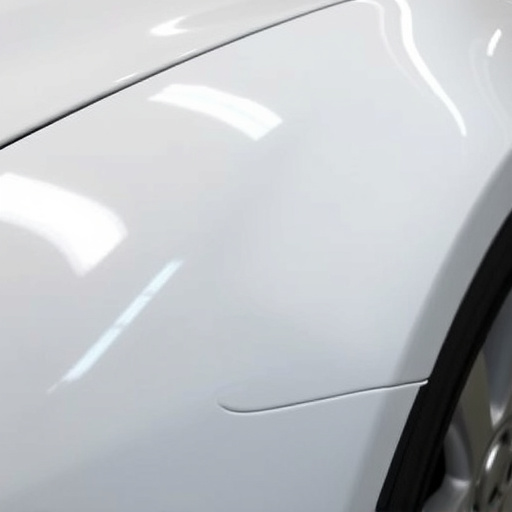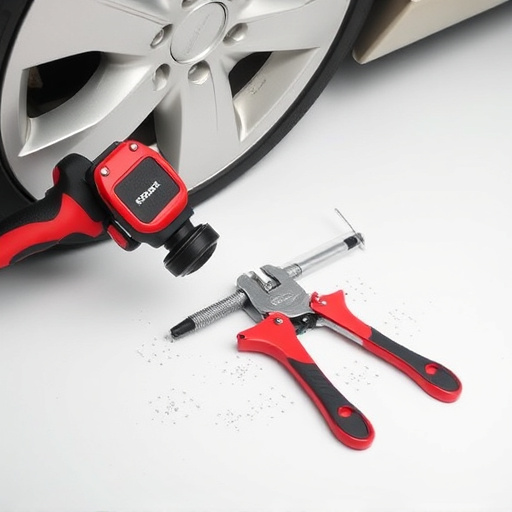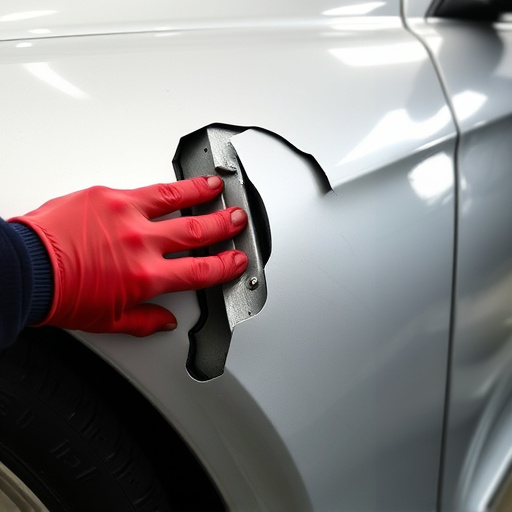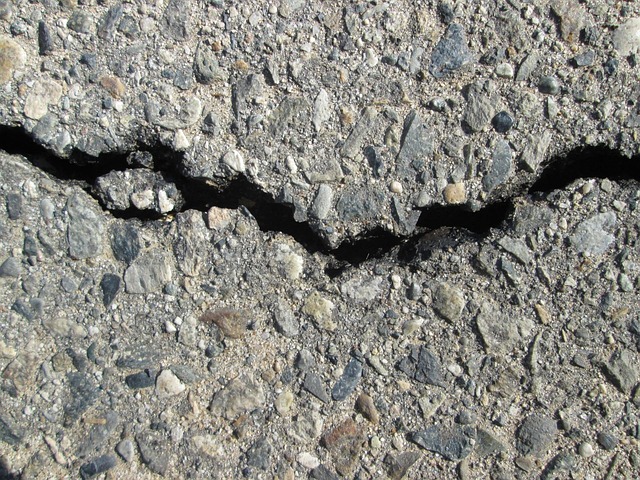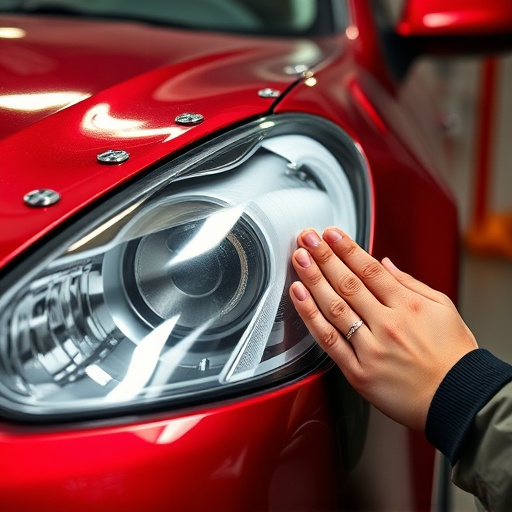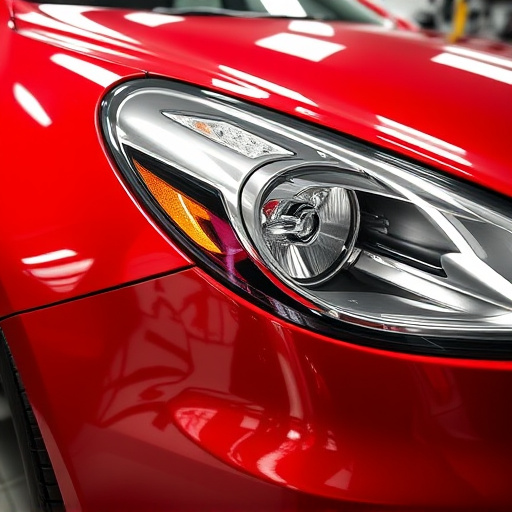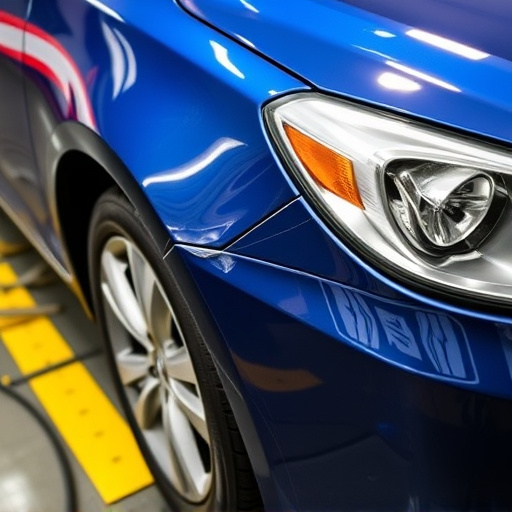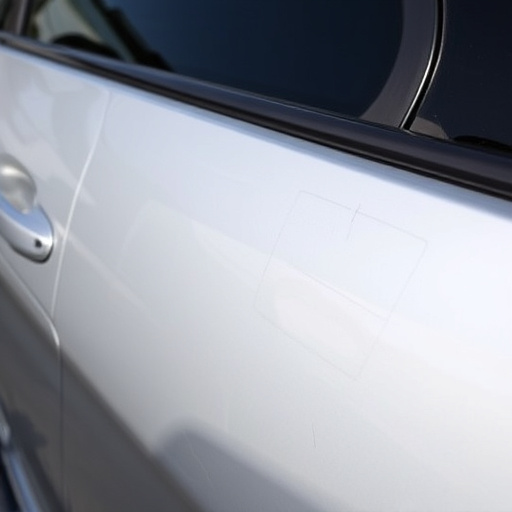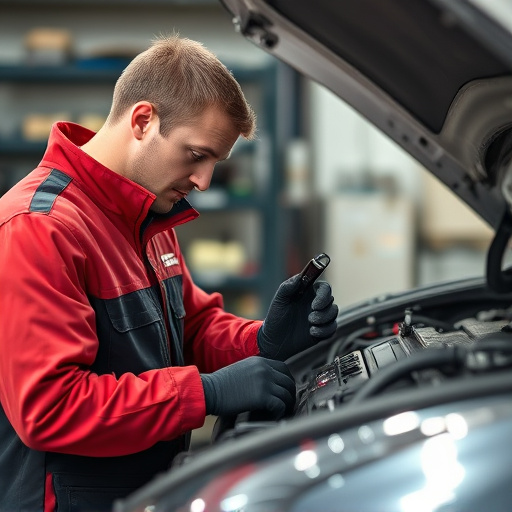Body panel insulation is an eco-friendly auto repair solution that uses specialized materials to protect vehicle body panels, reduce waste, and lower environmental impact. It improves noise reduction, fuel efficiency, and vehicle longevity while promoting sustainability and reducing replacement needs. This technique minimizes energy consumption, enhances technician comfort, and appeals to environmentally conscious consumers, contributing to a greener future for both shop operations and the planet.
In the pursuit of sustainable auto repairs, body panel insulation is emerging as a game-changer. This eco-friendly practice, often overlooked, offers significant benefits in reducing waste and energy consumption within repair workshops. By understanding the fundamentals of body panel insulation—its purpose, advantages, and implementation strategies—shops can contribute to a greener automotive industry. Embrace this approach to not only support sustainability but also enhance workshop efficiency and reputation.
- Understanding Body Panel Insulation: The Eco-Friendly Approach
- Benefits for Sustainable Auto Repair Workshops
- Implementing and Promoting This Green Practice
Understanding Body Panel Insulation: The Eco-Friendly Approach
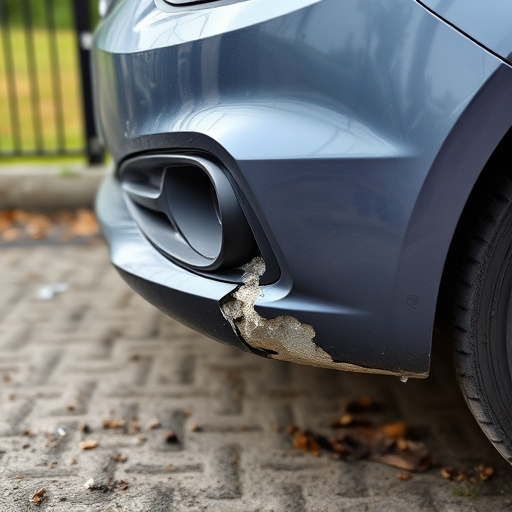
Body panel insulation is a key component in sustainable auto repairs, offering both environmental and economic benefits. This eco-friendly approach involves using specialized materials to line and protect the inner components of a vehicle’s body panels. By doing so, it reduces the need for frequent replacements, which significantly minimizes waste and lowers the carbon footprint associated with automotive manufacturing and disposal.
In the realm of tire services and automotive restoration, body panel insulation plays a vital role in preserving the structural integrity of vehicles. Moreover, it aids in noise reduction, improving both passenger comfort and fuel efficiency by minimizing drag. Even minor damages like scratches can be addressed with specialized body panel repair techniques, preventing further deterioration and promoting the longevity of vehicles, thereby contributing to a more sustainable transportation ecosystem.
Benefits for Sustainable Auto Repair Workshops
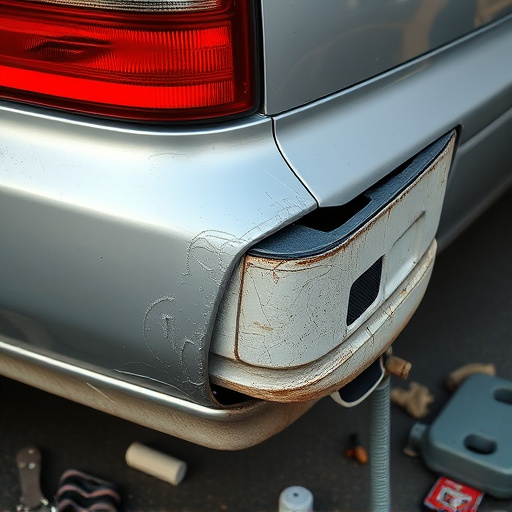
Incorporating body panel insulation into auto body repair workshops presents a multitude of benefits for sustainable practices. By reducing heat transfer and maintaining optimal temperatures, this simple yet effective technique significantly cuts down on energy consumption, aligning with environmental sustainability goals. Auto body shops can achieve considerable energy savings, thereby minimizing their carbon footprint. Moreover, efficient temperature regulation enhances the comfort and productivity of technicians, leading to improved work quality and employee satisfaction.
The use of body panel insulation also plays a crucial role in streamlining collision repair center operations. By minimizing heat fluctuations, it helps maintain consistent conditions for painting and finishing processes, ensuring superior results. This, in turn, reduces the need for re-work, saves time, and optimizes workflow efficiency. As an eco-friendly solution, body panel insulation contributes to the overall green image of auto body repair businesses, appealing to environmentally conscious customers and fostering a more sustainable automotive industry.
Implementing and Promoting This Green Practice
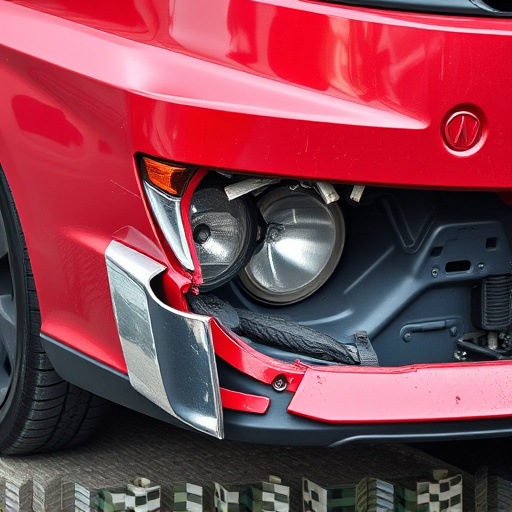
Implementing and promoting body panel insulation as a green practice within auto repair shops is a step towards sustainability and environmental responsibility. This technique involves using specialized materials to insulate car body panels, reducing heat transfer and minimizing energy loss. By adopting this method, automotive repair services can contribute to energy efficiency and lower carbon emissions.
Encouraging this eco-friendly approach requires education and awareness among car body repair professionals. Workshops and training sessions can help them understand the benefits of body panel insulation and learn effective implementation strategies. With proper guidance, auto repair shops can seamlessly incorporate this practice into their routine, ensuring a greener future for both their operations and the planet.
Body panel insulation is a green practice that not only supports sustainable auto repairs but also offers numerous benefits, from reducing energy costs to minimizing environmental impact. By adopting this eco-friendly approach, repair workshops can contribute to a greener future while ensuring superior vehicle performance. Implementing and promoting body panel insulation is a step towards a more sustainable automotive industry, making it a worthy investment for any forward-thinking auto repair business.

